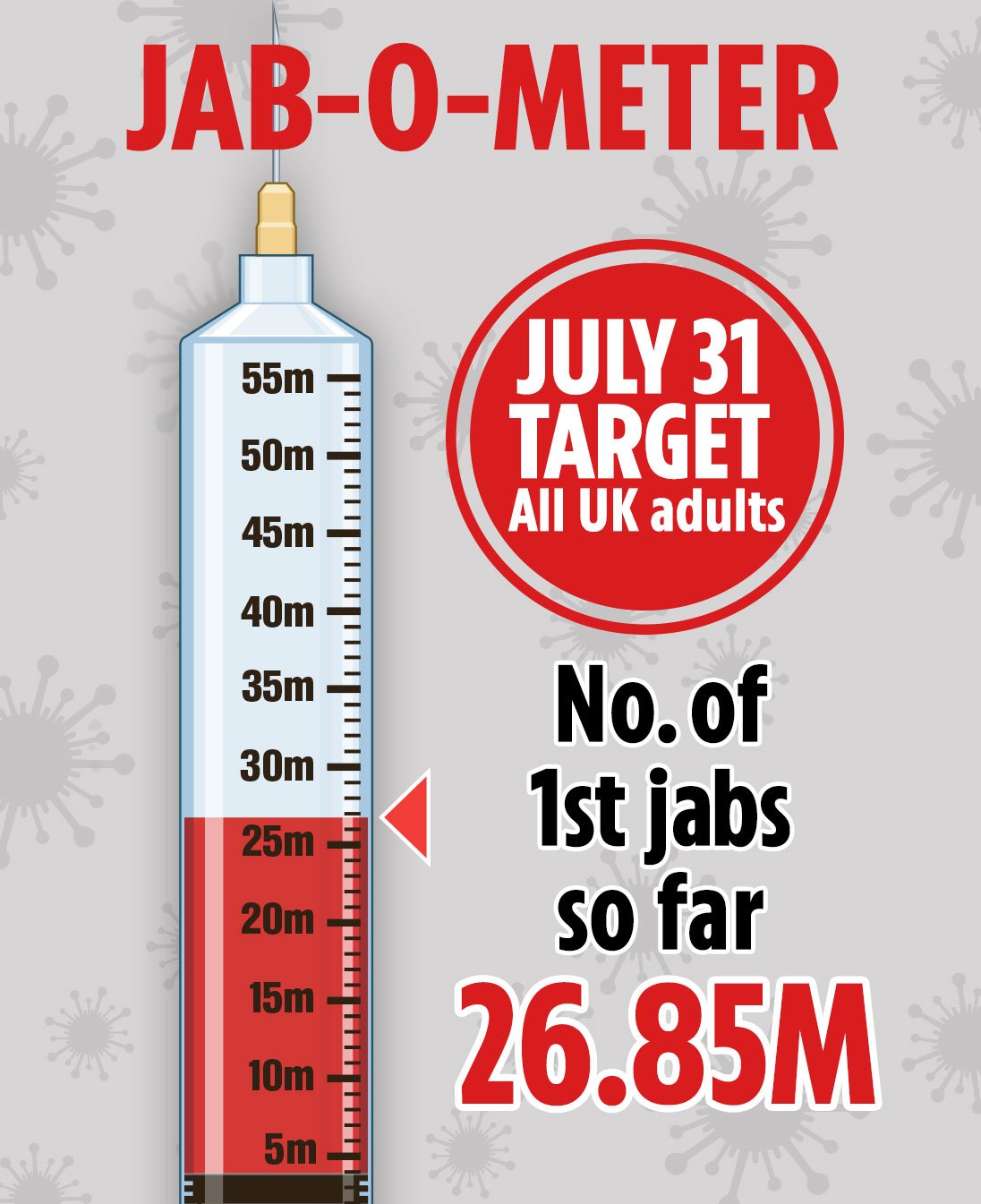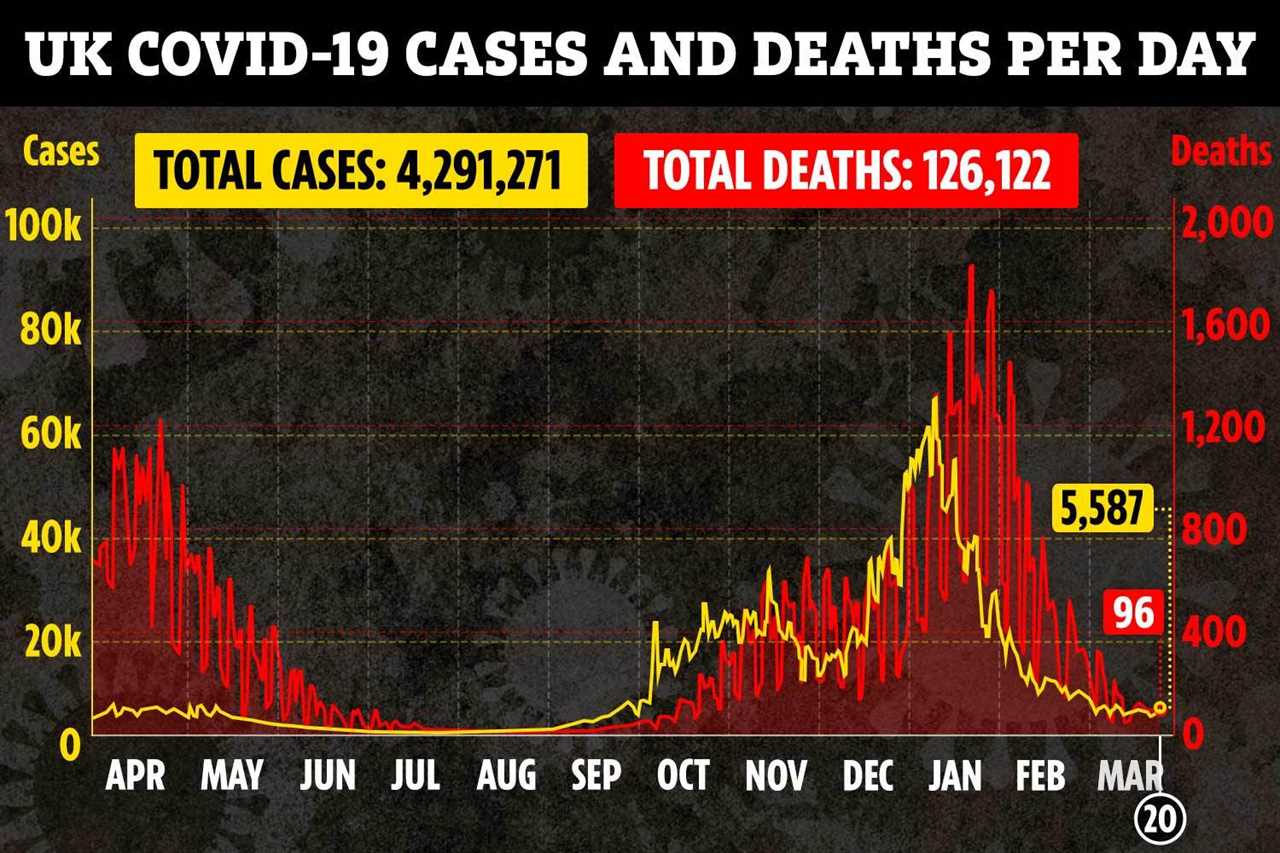I HAD been monitoring the new virus since December 2019, but nothing prepared me for how dramatically it would escalate.
Major outbreaks spread from Wuhan to Iran and Italy, and in days their hospitals were full, doctors were dying, oxygen supplies were running out. It looked bleak.

Read our coronavirus live blog for the latest news & updates…
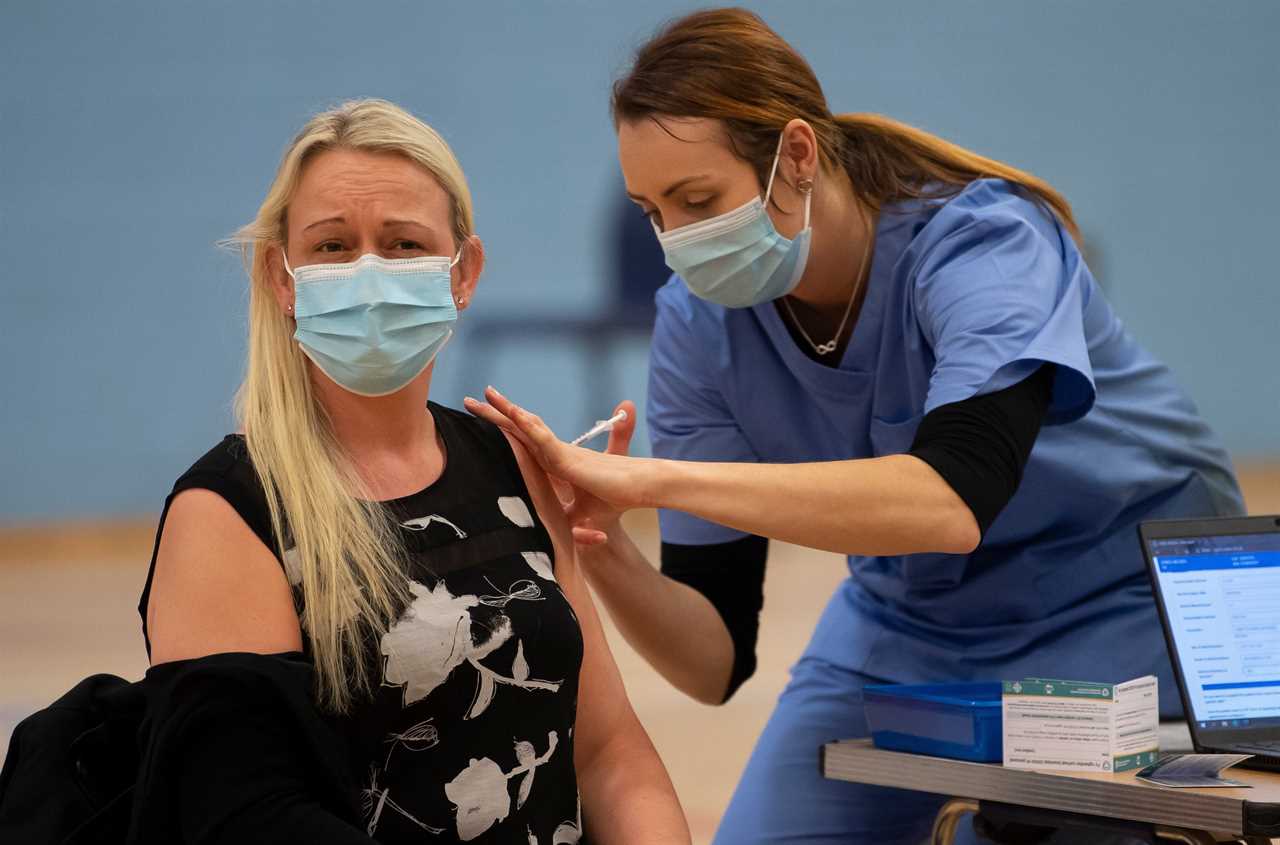
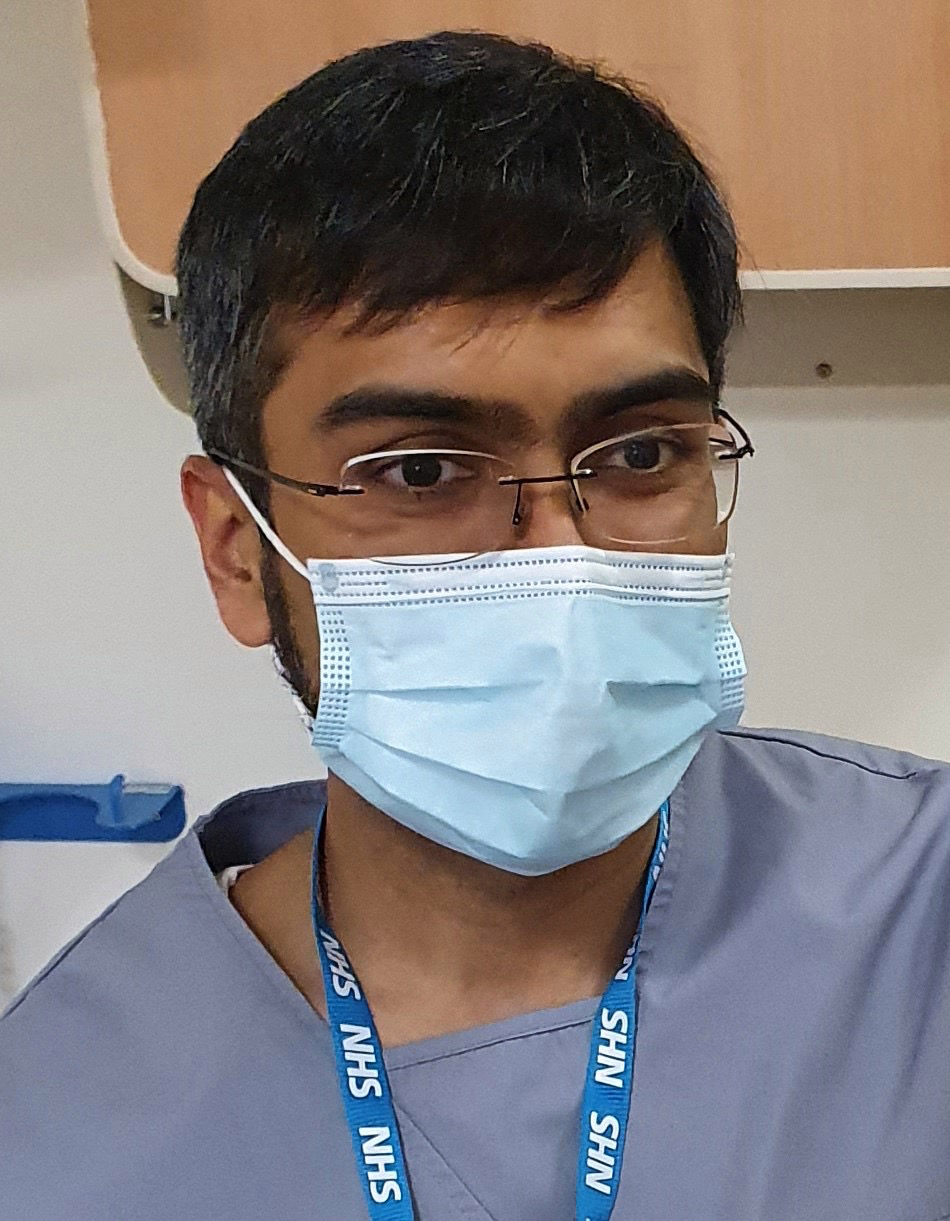
I was concerned that our hospitals could become overwhelmed so I offered to help. My wife cautioned against it, but I knew I couldn’t just sit there. We needed all hands on deck.
Before I donned my scrubs I wrote my will and, fearing shortages, bought myself some PPE. Most of the hospital was empty – there was an eerie silence in the usually-bustling corridors.
But in the emergency department, the opposite was true. Dozens of patients started coming in with coughing, shortness of breath, low oxygen levels. The fear was palpable in patients and staff. This was a new, deadly disease.
We didn’t know much about it, we were just trying to get through each day. It’s the scariest thing I’ve ever encountered. Within two weeks, we went from zero Covid admissions to dozens in a day.
Soon our wards were full of Covid patients, many of them lying face-down to improve airflow. The first death we had was an elderly gentleman.
Tragically, he died completely alone – no one around him, no FaceTime call. It was very sad, but the same thing happened to many more.
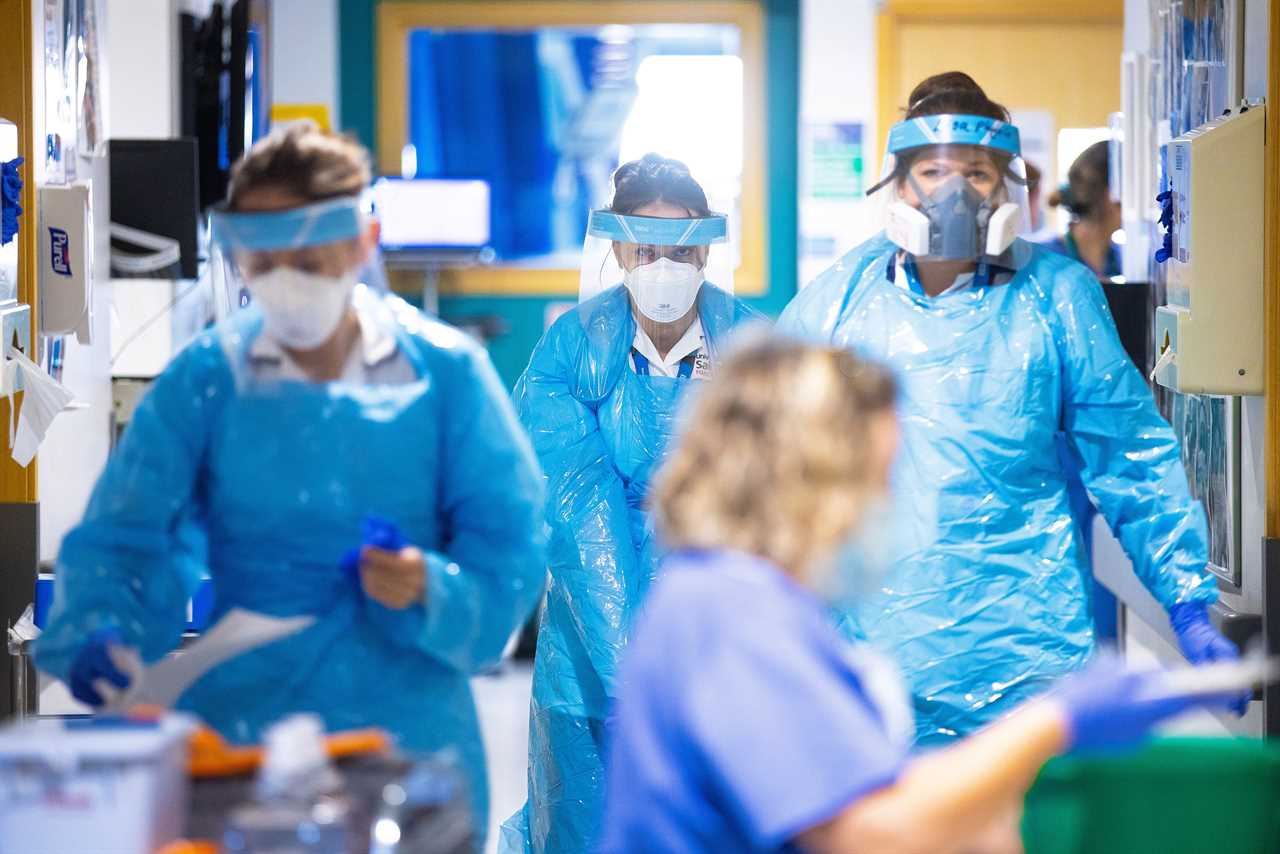
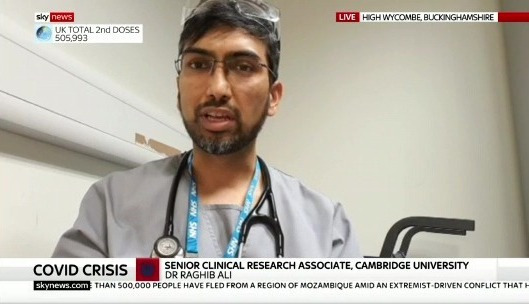
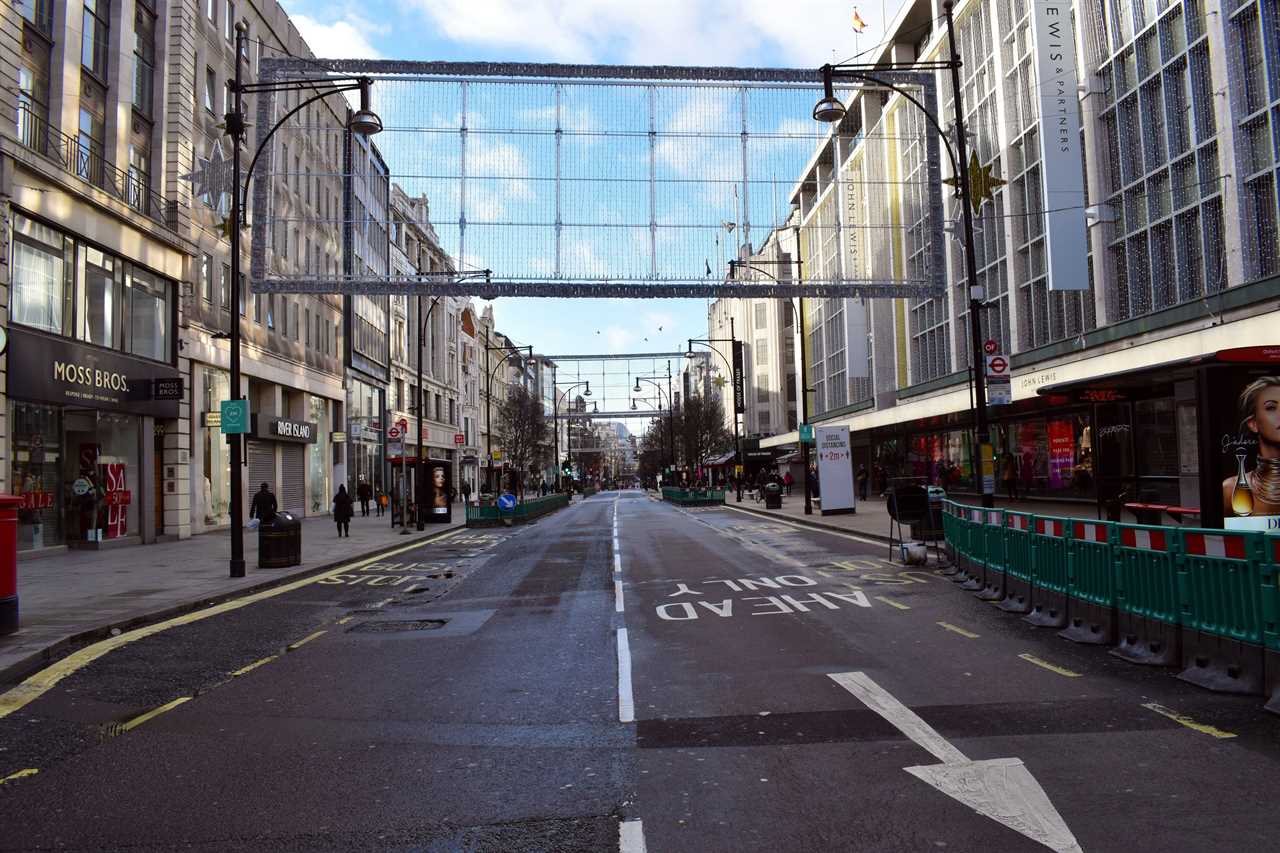
Healthcare workers were also dying from Covid, including two of my colleagues – two orderlies. People in these vital supporting roles often don’t get the credit they deserve.
It has undoubtedly been the most difficult year of my life, but the vaccines are our light at the end of the tunnel. Like the flu, Covid will become a seasonal illness we must learn to live with.
I’m very hopeful and optimistic that we will never have another year like this.
